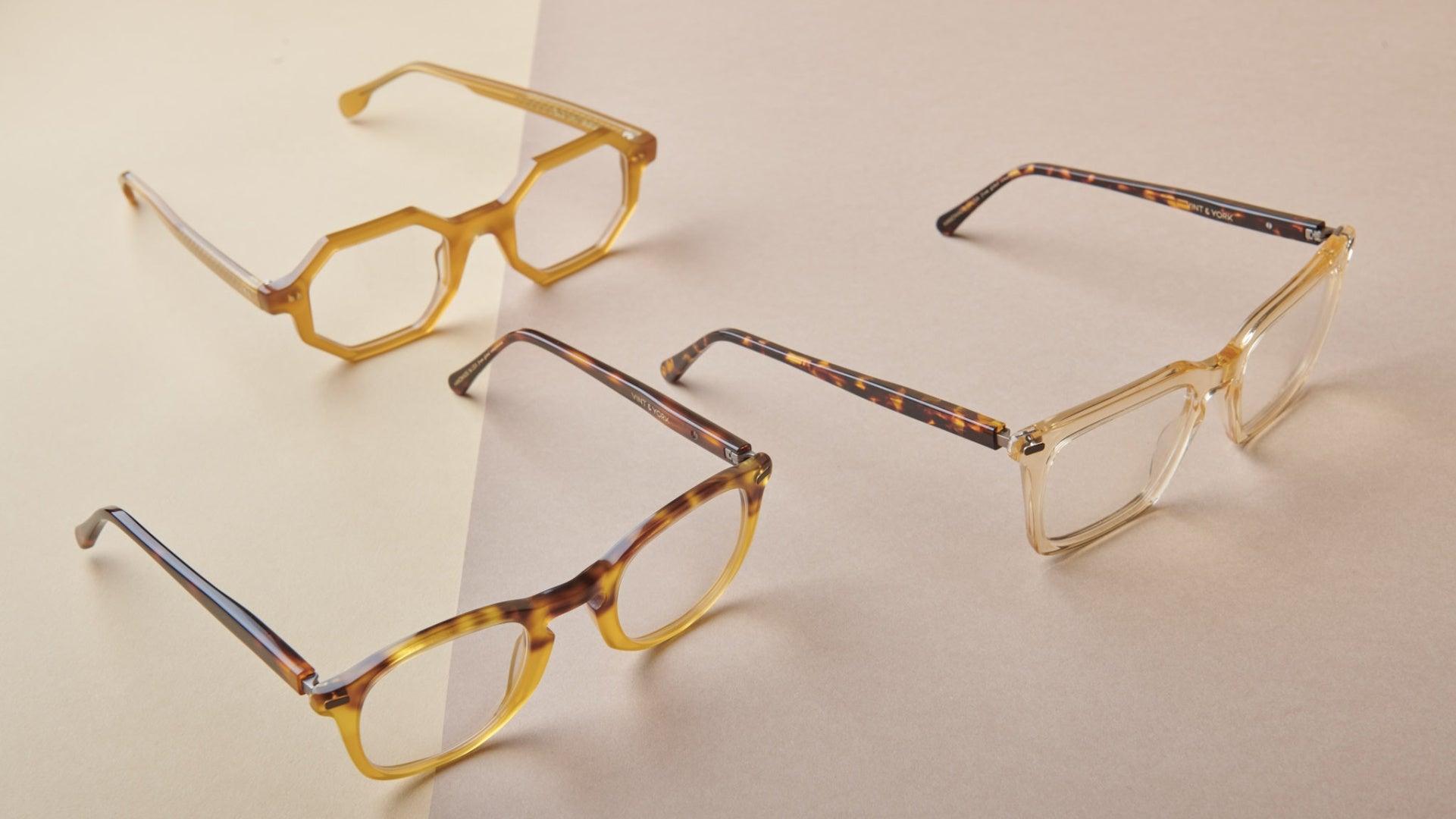
Are Eyeglasses Tax Deductible?
Year after year, many people look for ways to decrease their tax burden. And one of the little-known ways you can make deductions and exemptions is with prescription eyeglasses. Not many people know that the money spent on reading or prescription glasses is tax-deductible. Here, we’ll discuss the details and cover how you can claim your glasses as a tax deduction.
Are Eyeglasses Tax-Deductible?

The short answer to this is yes, they are tax-deductible. However, a more accurate answer is “it depends.” Medical expenses are only deductible if you have paid for the diagnosis, cure, mitigation, or prevention of some illness or disease. If you wear glasses to complement your outfit, then your eyeglasses may not count as a deductible medical expense. However, prescription glasses for correcting your vision are, indeed, deductible as a medical expense on the Schedule A IRS form. This only applies if you have not been reimbursed for your glasses already.
What Makes Your Glasses Qualify For Tax Deductions?
Your prescription eyeglasses will be considered a qualified medical expense if they correct vision-related conditions, such as:
- Myopia (nearsightedness)
- Hyperopia (farsightedness)
- Astigmatism
- Presbyopia
Other conditions that may allow you to deduct on your tax return include:
- Cataract surgery
- LASIK eye surgery
- Glaucoma implant
- Corneal transplant
- Blepharoplasty for droopy eelids
- Eye bandages
- Enzyme cleaners
- Eye exams
- Prescription eye drops
- Retina surgery
- Saline solution
- Premiums for vision insurance
- Mileage to a facility to receive treatment
Tax-Free Eyewear
If you don’t plan on spending more than 7.5% of your annual gross income (AGI) on glasses and other medical procedures, then prescription eyewear should be tax-free. This means that there should be no added sales tax when you purchase eyeglasses or prescriptions sunglasses, no matter which state you are in.
Are Contact Lenses Tax-Deductible?
You can also deduct costs if you purchase contact lenses for medical reasons. Apart from the lenses themselves, you can deduct any expenses for contact lens cleaners and saline solutions.
How To Claim Your Eyeglasses As A Tax Deduction

To claim your eyeglasses as a tax deduction, you must first get a Schedule A form. You can visit the IRS website for this. Next, fill up the form and include your eyeglasses as part of your itemized deductions. Since your eyeglasses are not likely to exceed 10% of your AGI, you’ll also need to claim your other medical expenses, such as dental, along with vision.
Remember that to claim your medical expenses as a tax deduction, the medical payment must have been made within the tax year you are filing for. For instance, if you received medical care in 2023 but did not pay for it until 2024, then you will not be able to deduct that expense from your 2023 taxes.
As with all tax deductions, record-keeping is very important for any expense you wish to claim. Keep any applicable receipts and bills for visits to your doctor. Everything you claim should be supported by documentation.
You may benefit from hiring a certified accountant or tax professional if you itemize your deductions. This can help if your list is long and complex. A professional will also help you determine which medical expenses qualify as deductions to avoid any potential problems with your tax return.
The Bottom Line
Eyeglasses can be tax-deductible if certain conditions are met. It helps to understand what makes your eyeglasses qualify for tax deductions so you can file them accordingly in your tax return. When in doubt, coordinate with your eye doctor and a tax professional to determine whether you can file your glasses as a tax-deductible item.









Leave a comment
This site is protected by hCaptcha and the hCaptcha Privacy Policy and Terms of Service apply.